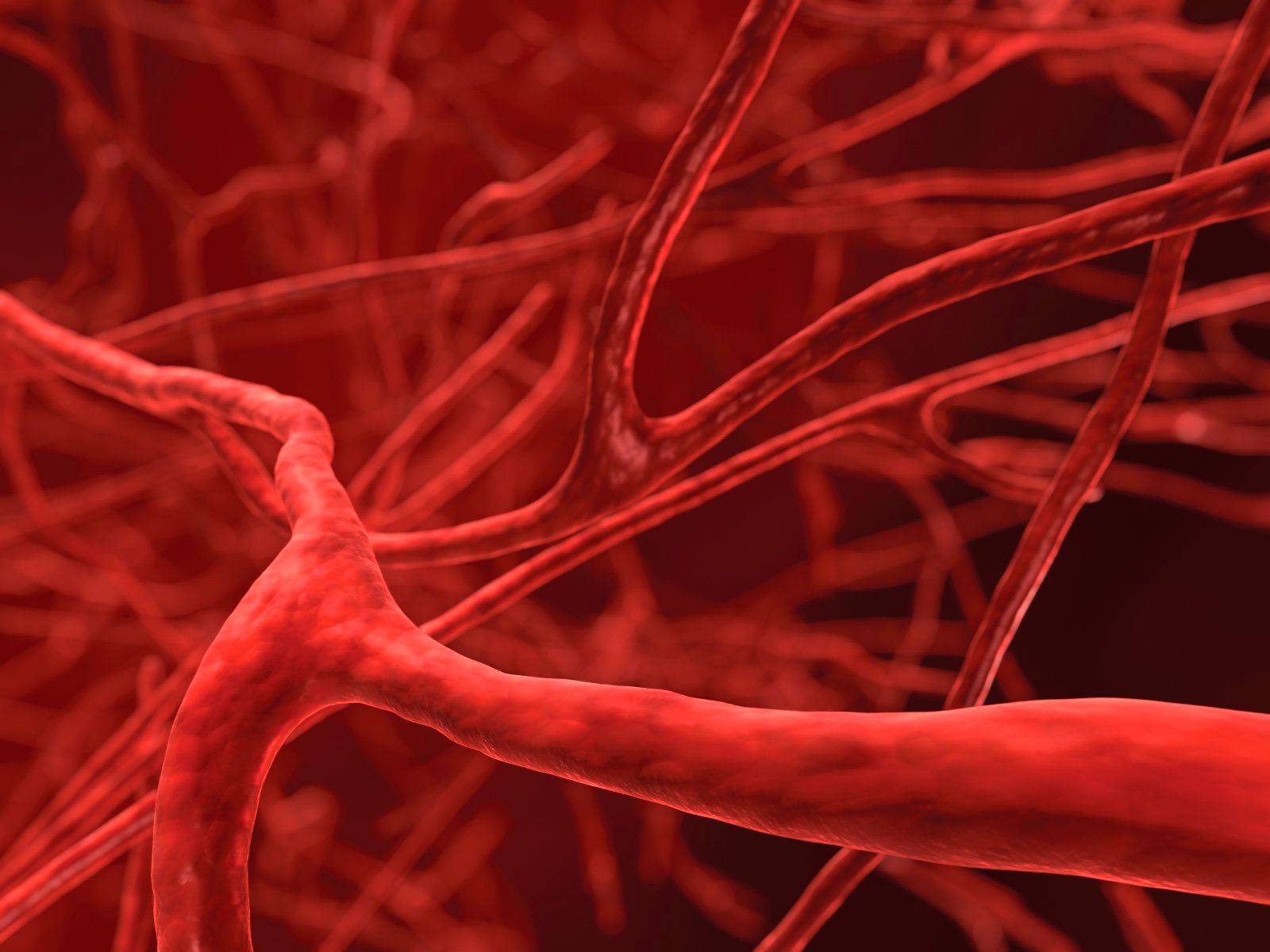Synthetic Vitamin K2 MK-7 Bioequivalent to Fermentation-Derived MK-7, Study Suggests
Kappa Bioscience announces new study results suggesting its synthetic-derived K2Vital is bioequivalent to fermentation-derived vitamin K2 MK-7.
Photo © iStockphoto.com/spanteldotru

Synthetically produced vitamin K2 as MK-7 has been in commercial use for several years now, but fermentation-derived MK-7 continues to be at the center of the market, perhaps due in part to a lack of proof establishing the bioequivalence of synthesized MK-7 to fermentation-derived MK-7. But now, new study results shared by Kappa Bioscience (Oslo, Norway) suggest its synthetic MK-7 ingredient, marketed under the brand K2Vital, is in fact bioequivalent to fermentation-derived MK-7, both in activity and biological function.
“This is an important development for the supplements industry because production by batch fermentation restricts MK-7 manufacturing scalability, and supply restrictions create obstacles to overall growth of the vitamin K2 market,” Kappa Bioscience explains, in a study announcement. “A synthesis-based MK-7 production process allows for greater scalability and a secure supply chain, and continual improvements in the synthesis process will drive ingredient price reductions.”
The study involved two components. In the first piece of the study, a single-blind, two-way, cross-over design trial, 16 healthy adults aged 20-66 were randomized to consume a single 180 μg dose of synthetic MK-7 or fermentation MK-7, with researchers monitoring serum MK-7 for the subsequent 72 hours to calculate AUC and Cmax levels. With a 90% confidence interval, researchers found that the ratio of AUC values from baseline to 72 hours after baseline for both synthetic and fermentation-derived MK-7 was 83-111, therefore “indicating bioequivalence.”
Additionally, a second piece of the study randomized 43 healthy adults aged 20–60 to consume either 90 μg of fermentation-derived MK-7, one of three doses of synthetic MK-7 (45 μg, 90 μg, or 180 μg), or a placebo daily for 43 days as part of a double-blinded parallel trial design. By comparing blood serum samples at baseline with those taken at the end of the supplementation period, researchers found that synthetic MK-7 and fermentation-derived MK-7 equally influenced serum carboxylated osteocalcin (cOC) and uncarboxylated osteocalcin (ucOC), “a primary biological action of vitamin K2,” Kappa Biosciences explained.
Based on the findings, researchers concluded that there was “evidence that the tested synthetic form of MK-7 is bioequivalent to fermentation-derived MK-7, exhibits vitamin K activity, and is well tolerated in healthy subjects.”
“We have been completely confident in the bioequivalence of K2Vital compared to fermented MK-7, as have our many partners and customers, and we are delighted to see these results published in a well-respected journal,” says Egil Greve, CEO of Kappa Bioscience. “Kappa will continue to innovate, taking on the challenges of difficult but potentially profitable molecules such as MK-7 and providing market solutions for ingredient stability and meeting the price points to reach all consumers in all market channels.”
Read more:
Study Finds Vitamin K2 MK-7 Efficacy “Essentially Equivalent” in Yogurt and Supplements
Vitamin K2 Linked to Reduced Risk of Peripheral Arterial Disease, Study Suggests
Vitamin K2 Intake May Be Associated with Reduced Risk of Coronary Heart Disease
Michael Crane
Associate Editor
Nutritional Outlook Magazine
michael.crane@ubm.com
References:
Møller M et al., “Bioavailability and chemical/functional aspects of synthetic MK-7 vs fermentation-derived MK-7 in randomised controlled trials,” International Journal for Vitamin and Nutrition Research. Published online July 4, 2016.






